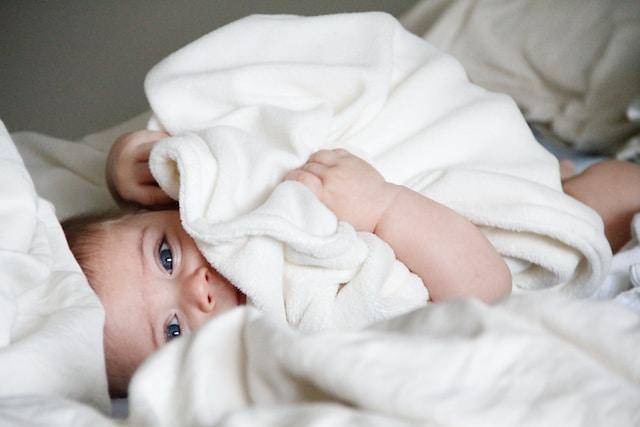As loving parents, we always want the best for our little ones, especially when it comes to their delicate skin. Choosing the right baby body wash is a crucial decision to ensure your baby’s skin remains healthy and free from any potential harm. Unfortunately, many commercial baby body wash products contain harmful chemicals that can have adverse effects on your baby’s skin and overall well-being. In this guide, we’ll discuss the top 10 chemicals you should avoid in baby body wash and why it’s essential to make informed choices.
-
Parabens:
Parabens are a group of synthetic chemicals commonly used as preservatives in many personal care products, including baby body wash. They are used to extend shelf life, but research suggests they can disrupt hormonal balance and potentially harm your baby’s health. To avoid parabens, look for products labeled “paraben-free” or with natural preservatives like vitamin E.
-
Phthalates:
Phthalates are often used to enhance the fragrance and texture of baby products. However, they are known endocrine disruptors and can be harmful to your baby’s development. Opt for phthalate-free baby body washes to reduce the risk of exposure.
-
Sulfates:
Sulfates, such as sodium lauryl sulfate (SLS) and sodium laureth sulfate (SLES), are foaming agents found in many baby body washes. While they create a luxurious lather, they can strip your baby’s skin of natural oils, leading to dryness and irritation. Choose sulfate-free options for a gentler bath experience.
-
Artificial Fragrances:
Artificial fragrances are added to many baby products to make them more appealing. However, these fragrances can contain numerous undisclosed chemicals that may trigger skin allergies or respiratory issues in your baby. Opt for fragrance-free or naturally scented baby body wash to reduce the risk.
-
Formaldehyde:
Formaldehyde-releasing preservatives, such as quaternium-15 and DMDM hydantoin, are used to prevent bacterial growth in cosmetics, including baby body wash. Formaldehyde is a known carcinogen and can be harmful to your baby’s skin and respiratory health. Look for products without these preservatives.
-
Triclosan:
Triclosan is often found in antibacterial baby washes, but it has raised concerns due to its potential to disrupt hormones and contribute to antibiotic resistance. Choose triclosan-free baby body wash alternatives for a safer bath experience.
-
Propylene Glycol:
Propylene glycol is used to improve the texture and consistency of baby care products. It can lead to skin irritation in some babies. Opt for baby body washes without propylene glycol to minimize the risk of skin discomfort.
-
Mineral Oil:
Mineral oil is a common ingredient in some baby products, but it can create a barrier on your baby’s skin, preventing it from breathing and potentially causing irritation. Look for baby body wash with natural and nourishing oils instead.
-
Alcohol:
Alcohol is used in some baby body washes for its drying properties, but it can be harsh on your baby’s delicate skin, leading to dryness and discomfort. Choose alcohol-free baby body wash for a gentler cleansing experience.
-
Artificial Colorants:
Artificial colorants are often added to baby products to make them visually appealing. However, these synthetic dyes can potentially cause skin irritation in some babies. Opt for baby body wash without artificial colorants for a safer bath time.
Conclusion:
Prioritizing your baby’s well-being involves making informed choices, even when it comes to seemingly harmless products like baby body wash. By avoiding the ten harmful chemicals mentioned in this guide, you can ensure your baby enjoys a safe and gentle bath time experience, leaving their skin healthy, happy, and free from unnecessary irritants. Always remember to read labels and opt for products that prioritize your baby’s health and safety above all else. Your baby’s skin deserves the best care, so choose wisely and keep them smiling during every bath.


